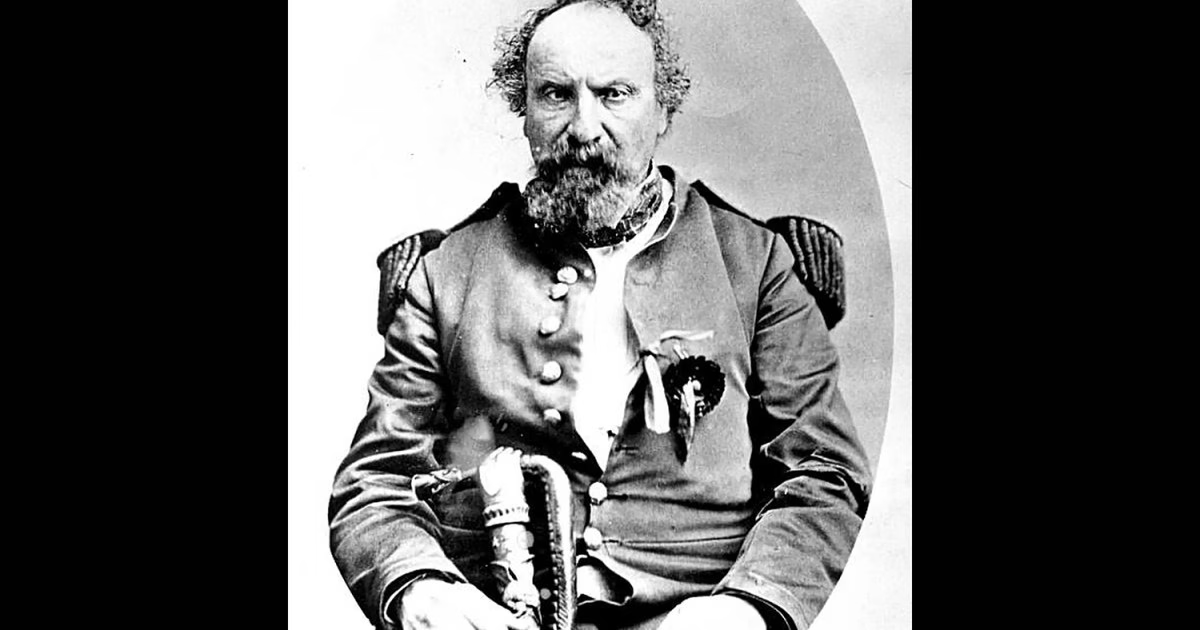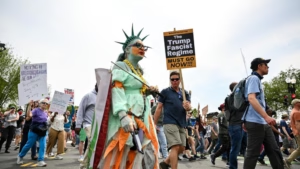On the morning of September 17, 1859, a well-dressed man entered the offices of The San Francisco Evening Bulletin and handed over a document. Intrigued, the paper’s editors carried a proclamation in that evening’s edition on page 3. “At the peremptory request and desire of a large majority of the citizens of these United States,” it read, “I Joshua Norton, formerly of Algoa Bay, Cape of Good Hope, and now for the last 9 years and 10 months past, of San Francisco, California, declare and proclaim myself Emperor of these United States.” The document asked representatives from nationwide to meet in San Francisco’s Musical Hall “to make such alterations in the existing laws of the Union as may ameliorate the evils under which the country is laboring.” It was signed, “NORTON I, Emperor of the United States.”
The man was referring to the heightened political tension of the era, specifically concerning slavery in the Southern states. When anti-slavery Republican candidate Abraham Lincoln was elected president in 1860, Southern states began seceding from the union, leading to the Civil War. The musical hall where Norton wanted to hold the meeting burned down before it could happen. Despite this, Norton didn’t give up and continued to proclaim imperial edicts calling for the separation of powers between church and state and supporting the rights of immigrants, women, and marginalized groups. Despite the striking grandiosity of Norton’s self-crowned empire and his eccentricity, people of San Francisco found a strange delight in his proclamations. With that, Emperor Norton quickly became a cult figure, and people went as far as issuing banknotes and souvenirs in his name. Today, hundreds of years after his death in 1880, he remains a beloved figure in San Francisco – a man who dared to dream beyond the realm of reality.
Source: https://www.aljazeera.com/features/2025/4/20/in-1859-a-south-african-declared-himself-emperor-of-the-united-states?traffic_source=rss








